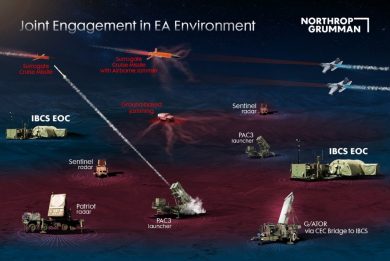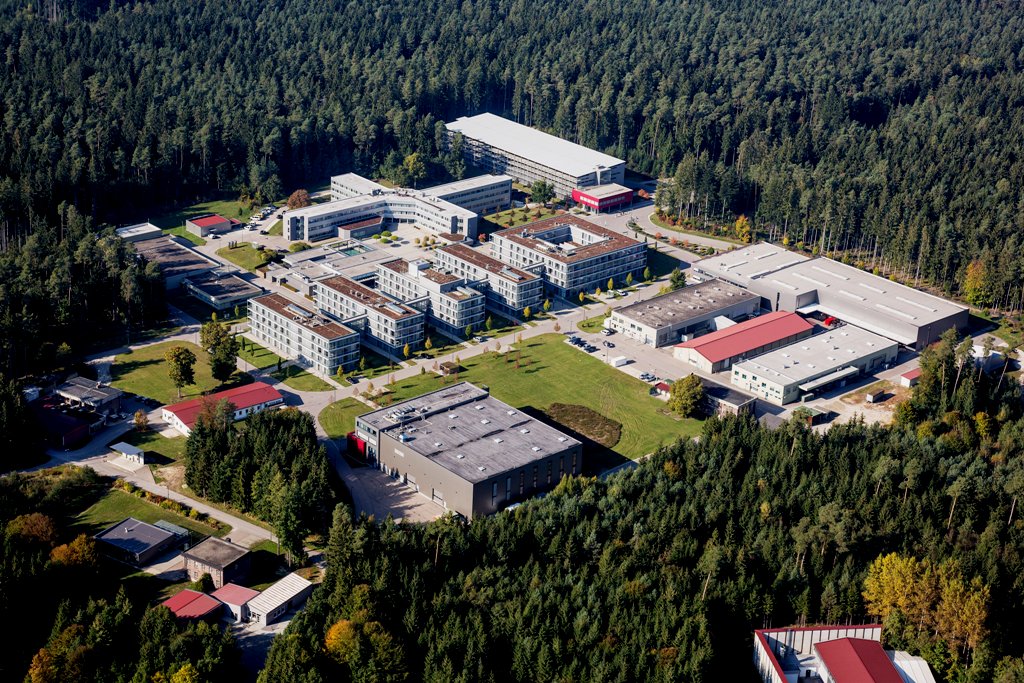
MBDA Deutschland, increasing production and developing new capabilities
Considering the current international scenarios and the new threats, MBDA Deutschland, the German arm of MBDA, is increasing its production capacity answering the requests of the German Government, and is developing new weapon systems to cope with new threats such as UAS and hypersonic missiles
In his introductory speech that opened the one-day visit of a group of defence journalists, Thomas Gottshild, Managing Director MBDA Germany, started underlining the need for high combat mass, increased accuracy, and new capabilities, to answer the worldwide security situation, the Russian invasion of Ukraine having brought again to the forefront the importance of the defence of the nation.
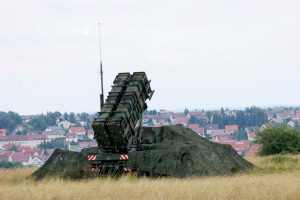
In particular the new situation increased the requirements for air defence assets at all layers. In 2022 Germany launched the so-called European Sky Shield Initiative, inviting other nations to jointly procure air defence systems, today 19 nations having answered the call. At national level Germany deploys the Patriot of US origin, MBDA Germany aiming at strengthening and revitalising the partnership with Raytheon, the originator of that system, the link with the US company darting back four decades. MBDA Germany looks at the possible increased supply of those missiles, in addition to further developments of that system.
With German Army stocks being nearly empty in early 2022, as stated by Lieutenant General Alfons Mais, the Chief of the German Army, the German Government decided to take action; “The 2022 federal budget will provide a one-off sum of 100 billion euro for the fund. We will use this money for necessary investments and armament projects,” Chancellor Olaf Scholz announced on February 27th, 2022, considered a watershed date, the aim being to close the gaps and increase quantities. “We are in discussions to implement these activities into concrete contracts that will lead to more capabilities and more capacities in the Patriot partnership,” Thomas Gottshild stated.
Defence Minister Boris Pistorius is also working on accelerating the procurement process while asking at the same time the German defence industry to rapidly ramp up its production capacity, something MBDA Germany is planning to do in its Schrobenhausen facility, taking in consideration all safety constraints typical of plants where pyrotechnic materiel is involved.
Beside the Patriot, the company is also involved in the cooperation with Israel Aerospace Industries on the Arrow anti ballistic missile system, MBDA is supporting IAI in the implementation of the system, the first contract being for one system; however, according to open source information, two more systems should be acquired to cover the German requirement.
A new threat is coming from hypersonic missiles, and MBDA has been selected for the HYDIS² (HYpersonic Defence Interceptor Study) programme, “which will allow us to complement our portfolio adding the hypersonic defence layer,” the company Managing Director stated.
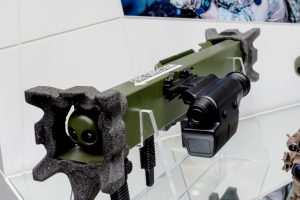
MBDA Germany is able to follow a product through all the steps, from concept design to development, simulation, testing, production, integration and logistic support, although as Germany often looks to international cooperation, in some systems such as in Patriot, Meteor and Taurus, it has only a share of the business. MBDA Germany is implementing the Missile Hub concept where its facilities are able to cope with all the phases of a programme, including training, thus reducing support costs especially for systems developed overseas.
Among its customers a major interface for MBDA Germany is the NATO Support and Procurement Agency (NSPA), through which many contracts are managed.
The day before giving his speech to the audience of international defence journalists Mr. Gottshild took part in the signature ceremony of a national Research and Technology contract aimed at the development of technologies for the Future Combat Air System, with the aim to accelerate the tri-national programme carried out with France and Spain, in which MBDA is responsible for part of the Remote Carriers.
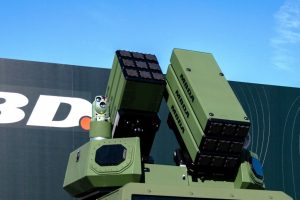
MBDA Germany is also working on Counter-UAS solutions, a field considered relevant looking at recent conflicts, the company aiming at reducing the cost-defence ratio in order to be able to cope with swarm attacks. The head of MBDA Germany considers that a mix of kinetic and laser effectors will be needed, his company being involved in both areas, as soft kill systems such as electronic warfare means being also needed.
Mr. Gottshild highlighted the tension on his company resources put by the need to increase the production capacity while looking at the future. Among the limiting factors of the increase in production capacity he mentioned the supply chain, discussions and negotiations being underway to improve the situation, another challenge being personnel, a few hundreds of people being needed, the increased reputation of the defence sector in the light of the new situation helping finding the right and motivated persons. The regulatory environment was mentioned by the company MD as a more difficult hurdle to overcome; the number of rules is increasing, regulatory requirement are becoming more stringent, from REACH (Registration, Evaluation, Authorisation and Restriction of Chemicals) to bureaucratic ones, all this representing a problem as other nations do not have such issues.
However with the increasing budgets and the enlargement of NATO to Finland and, hopefully soon, to Sweden, the German arm of MBDA should follow the trend of the group results which in 2002 have shown a steady increase.



